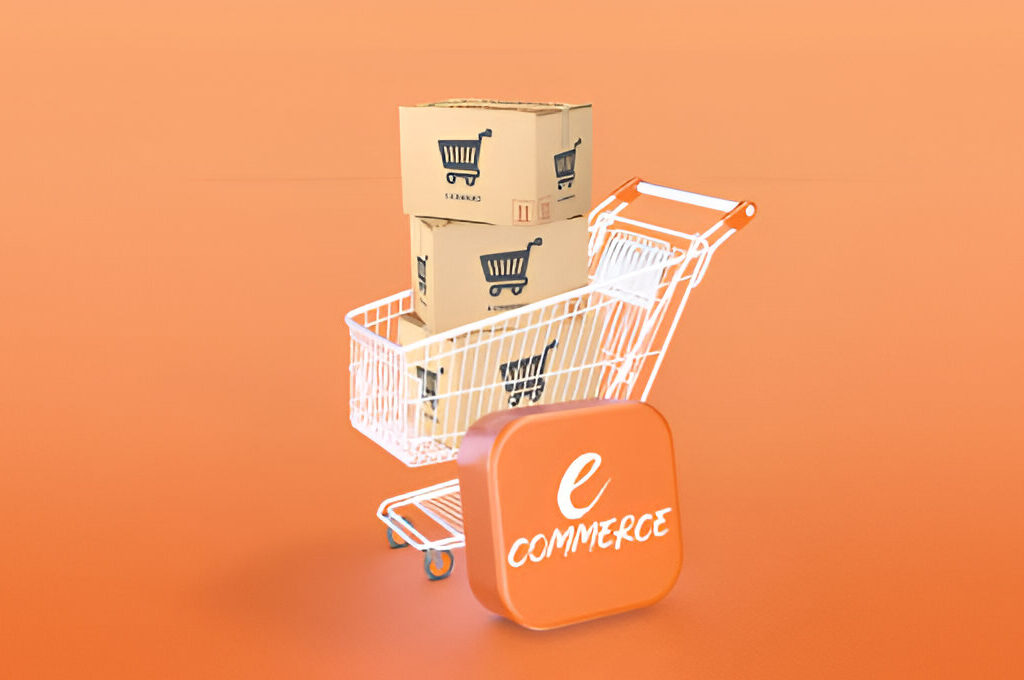The e-commerce industry is booming, and sellers have more options than ever when choosing where to sell their products. Platforms like eBay, Shopify, Walmart, and Etsy offer great opportunities, but Amazon stands out as the top choice for many businesses. With its massive customer base, advanced fulfillment options, and powerful marketing tools, Amazon provides sellers with a competitive edge. This article will explore why selling on Amazon is better than other e-commerce platforms, offering a complete comparison of key benefits and features.
1. Amazon’s Extensive Customer Base
One of the biggest advantages of selling on Amazon is its massive customer base. With over 300 million active users worldwide, Amazon offers unparalleled exposure for sellers. Other e-commerce platforms, such as Shopify or Etsy, require sellers to drive their own traffic, which can be challenging and costly. On Amazon, customers are already searching for products, making it easier to generate sales.
Comparison:
- Amazon: Provides instant access to a large audience actively looking to buy.
- eBay: Has a strong user base but is more auction-focused.
- Shopify: Requires sellers to attract their own customers through marketing.
- Walmart Marketplace: Growing rapidly but still lags behind Amazon in traffic and trust.
2. Trust and Credibility
Amazon has built a reputation for reliability, fast shipping, and excellent customer service. Buyers trust Amazon’s platform, which leads to higher conversion rates for sellers. In contrast, newer or smaller platforms often struggle to gain customer trust, making it harder for sellers to establish credibility.
Comparison:
- Amazon: High customer trust leads to better conversion rates.
- eBay: Some skepticism due to auction-based sales and used products.
- Shopify: Trust depends on individual store branding.
- Etsy: Trusted for handmade and vintage items but limited to niche markets.
3. Fulfillment by Amazon (FBA) Advantage
Fulfillment by Amazon (FBA) allows sellers to store their products in Amazon’s warehouses while Amazon handles packing, shipping, and customer service. This not only saves sellers time but also ensures fast and reliable shipping, which enhances customer satisfaction and increases sales.
Comparison:
- Amazon: FBA offers fast shipping and hassle-free logistics.
- eBay: Requires sellers to handle their own shipping or use third-party fulfillment.
- Shopify: Relies on third-party fulfillment centers or self-shipping.
- Walmart Marketplace: Offers Walmart Fulfillment Services but is less developed than FBA.

4. Amazon Prime Benefits
Amazon Prime members enjoy fast and free shipping, making them more likely to buy from Prime-eligible sellers. With over 200 million Prime members worldwide, this is a significant advantage for Amazon sellers.
Comparison:
- Amazon: Prime shipping boosts sales and customer loyalty.
- eBay: No Prime equivalent; sellers must offer free shipping for competitive advantage.
- Shopify: No built-in shipping benefits; relies on seller promotions.
- Etsy: Offers Etsy Plus, but no equivalent to Prime benefits.
5. Robust Advertising and Marketing Tools
Amazon provides advanced advertising tools like Sponsored Products, Sponsored Brands, and Sponsored Display ads. These tools help sellers increase visibility and drive more sales. Competing platforms have limited or less effective advertising options.
Comparison:
- Amazon: Strong advertising options with high conversion potential.
- eBay: Limited advertising tools compared to Amazon.
- Shopify: Requires external marketing (Google Ads, Facebook Ads, etc.).
- Walmart Marketplace: Growing ad options but still behind Amazon.
6. SEO and Product Visibility
Amazon’s search algorithm is optimized to match customer intent, ensuring that well-optimized product listings get high visibility. Unlike other platforms where SEO efforts rely on Google rankings, Amazon sellers benefit from an internal search system that favors strong product listings.
Comparison:
- Amazon: Internal SEO system favors high-quality product listings.
- eBay: Uses a different search ranking system with less visibility control.
- Shopify: Relies on Google SEO and paid marketing.
- Etsy: Limited SEO impact within its niche market.
7. Customer Support and Returns
Amazon provides 24/7 customer support and an efficient return system, which builds buyer confidence. Other platforms often leave customer service responsibilities to individual sellers, which can be overwhelming.
Comparison:
- Amazon: Handles customer inquiries and returns efficiently.
- eBay: Mixed customer service quality.
- Shopify: Sellers handle their own customer service.
- Etsy: Good customer support but limited compared to Amazon.
8. Scalability and Growth Opportunities
Amazon provides various programs like Amazon Global Selling, Amazon Business, and Amazon Handmade, allowing sellers to expand their reach. Other platforms offer fewer growth opportunities, requiring additional effort to scale.
Comparison:
- Amazon: Offers multiple programs for scaling and global reach.
- eBay: Global shipping program available but less structured.
- Shopify: Requires independent expansion efforts.
- Walmart Marketplace: Growing but less global reach than Amazon.
9. Competitive Fees and Cost Efficiency
Amazon’s fees include referral fees, FBA fees, and advertising costs, but they often provide a good return on investment due to high sales volume. Other platforms may seem cheaper upfront but require additional expenses for traffic acquisition.
Comparison:
- Amazon: Fees balanced by sales volume and fulfillment benefits.
- eBay: Lower fees but lower traffic.
- Shopify: Monthly fees plus additional marketing expenses.
- Etsy: Listing fees and transaction fees apply.
Conclusion
Selling on Amazon offers numerous advantages over other e-commerce platforms. Its massive customer base, trusted reputation, powerful fulfillment system, and advanced marketing tools make it the top choice for online sellers. While other platforms have their own benefits, Amazon provides the most comprehensive ecosystem for scaling a successful e-commerce business. If you want to maximize sales, streamline logistics, and reach a global audience, Amazon remains the best platform to sell your products.
FAQs:
1. Why is Amazon a better choice for online sellers compared to other platforms?
Amazon has a massive customer base, advanced fulfillment options like FBA, and a trusted brand reputation, making it easier for sellers to gain visibility and increase sales compared to other e-commerce platforms.
2. How does Amazon’s customer traffic compare to other e-commerce sites?
Amazon receives over 2.5 billion monthly visits, far surpassing platforms like eBay, Shopify, and Walmart, giving sellers more potential buyers without needing to invest heavily in marketing.
3. What are the benefits of Amazon’s Fulfillment by Amazon (FBA) service?
FBA handles storage, shipping, and customer service, allowing sellers to scale their business faster while ensuring fast and reliable shipping, often with Prime benefits.
4. How does Amazon’s advertising system compare to other platforms?
Amazon’s PPC (Pay-Per-Click) advertising is built into the marketplace, meaning ads are displayed directly to high-intent shoppers, leading to better conversion rates compared to Google Ads or Facebook Ads.
5. Is it easier to build trust with customers on Amazon?
Yes, Amazon’s strong reputation and strict policies help sellers gain instant credibility, whereas independent websites require significant effort to establish customer trust.
6. What makes Amazon’s search algorithm better for sellers?
Amazon’s A9 algorithm prioritizes product relevance, sales velocity, and reviews, making it easier for quality products to rank higher, while platforms like eBay and Shopify rely more on external traffic sources.
7. How do Amazon’s fees compare to other e-commerce platforms?
While Amazon charges referral and FBA fees, sellers save on marketing and fulfillment costs, unlike Shopify, where they must handle their own traffic, logistics, and payment processing separately.
8. Does Amazon offer better international selling opportunities?
Yes, Amazon Global Selling enables sellers to expand to multiple international marketplaces seamlessly, whereas platforms like Shopify require separate setups for different regions.
9. How does Amazon handle customer service compared to other platforms?
Amazon’s robust customer support, return policies, and buyer protection programs give shoppers confidence, which helps sellers maintain high conversion rates and repeat business.
10. Can new sellers succeed on Amazon more easily than on other platforms?
Yes, thanks to Amazon’s massive traffic, trusted ecosystem, and FBA services, new sellers can start generating sales faster without needing extensive brand recognition or expensive advertising.




